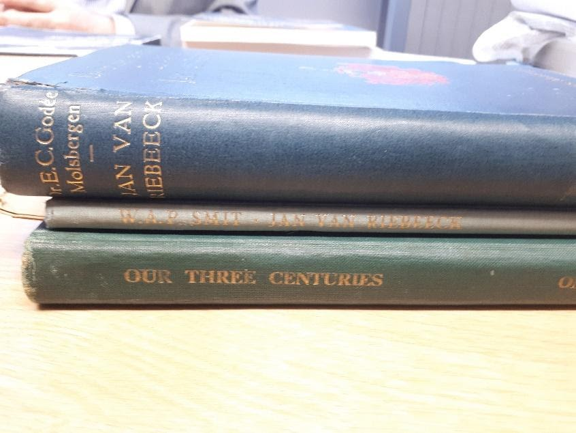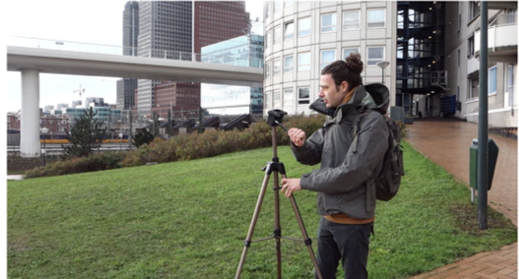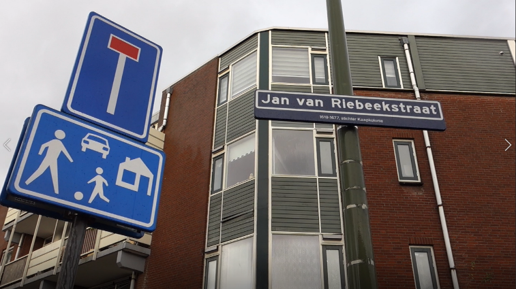In recent years the debate on colonial history in the public sphere in the Netherlands has picked up steam. Mainly in the bigger cities of the Netherlands, there has been an ongoing call to change the street and school names that carry the names of colonialists. Outside the bigger cities people are less occupied with the colonial past of the Netherlands, and have argued that to change the contested street names equals erasing history. What attracted us most, was the lack of historical awareness and knowledge of the colonial past of the Netherlands. Many places, schools and streets in The Hague still carry names related to history of colonialism and slavery.
We decided to focus on Jan van Riebeekstraat also because we knew of the Rhodes Must Fall Movement. The documentary below is the result of our research, which was centred around the questions: Who was the historical figure of Jan van Riebeeck? Why is there a street named after him? And lastly, how was he imagined in the collective memory of the Netherlands and South-Africa? To answer these questions, we decided to conduct interviews with three South-Africans; François Janse van Rensburg, Madi Ditmars and Vuyo Mgojo. Since we were dealing with memory and a controversial as well as sensitive topic, interviews were most suited to not only delve in to the historical aspects, but also to highlight tacit perspectives, thoughts, opinions on, and understandings of, Jan van Riebeeck. We invite you to have a look at the documentary we produced. Below you can find two personal reflections which also include some of the findings of our research in writing.

Reflections on Africa in The Hague: a project on ‘Jan van Riebeekstraat’



